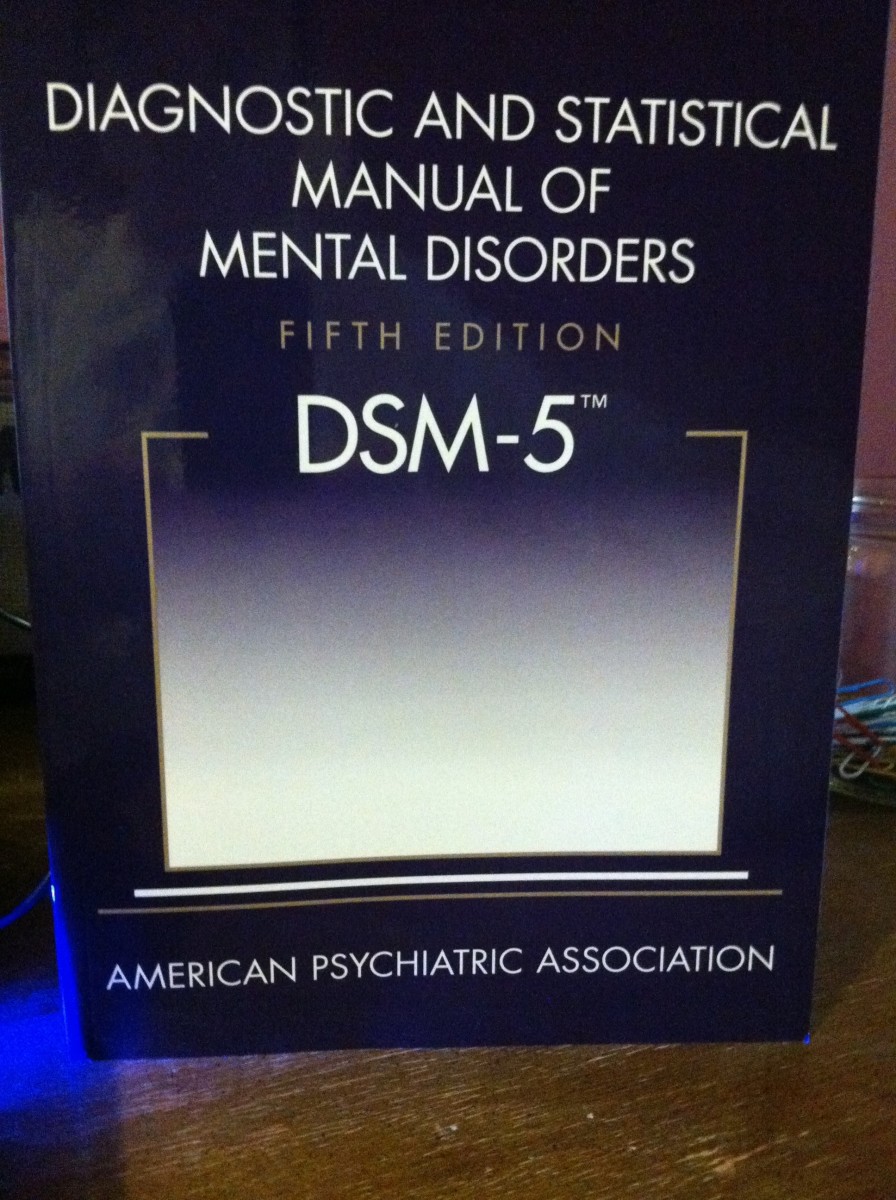The Two Major Mood Disorders and Treatment
All mood disorders are different; they all differ in severity, duration, causes and symptoms. The two major mood disorders, however, fall under the categories of major depressive disorder and bipolar disorder.
Major depressive disorder is a disorder than facilitates feelings of depression for a much more lasting and continuous nature than normal, temporary sadness. People suffering from major depressive disorder may even feel the way they do without any specific cause or traumatic event. The depressive disorder also causes those suffering from it to gradually lose their ability to maintain interest in life, leading to suicide.
Bipolar disorder is different however, because people suffering from bipolar disorder have what are called manic episodes. During these manic episodes, the person will be overly excited and distracted. Usually they will be hyperactive, but only until the end of the manic episode. After the duration of the manic episode is over, there will be a depressed stage, which usually lasts about three times as long as the manic episode. The drastic differences between the two mental states, which both happen within the same person, make the disorder even more mentally draining, which leads to lethal disorders and a high suicide rate.
As I said before, the causes of these disorders can vary; there are justifiable explanations for causation in both biological and psychosocial fields. Biologically, research can point to imbalances of several neurotransmitters, including serotonin, norepinephrine and dopamine in people suffering from both bipolar disorder and major depressive disorder. To continue along with the biological aspect of these disorders, it has also been shown that the disorders may be inherited genetically. When one identical twin has a mood disorder, for example, there is about a 50 percent chance that the other twin will also develop the illness. Some therapists even suggest that the disorders create somewhat adaptive traits; severe depression may just be an extreme version of an adaptive response to trauma.
The psychosocial theories focus more on the environmental causes, however. When environmental stressors and disturbances cause intense feelings of rejection or withdrawal of affection, people may eventually develop serious depression to turn their anger inward towards themselves. Bipolar and major depressive disorder are then said to be caused by learned helplessness. When humans are subjected to pain that they have no ability to control or escape, their feelings of helplessness cause them to attribute their failures to their own faults.
While I believe in encouraging a depressed person to talk, whether personally or with a therapist instead of withdrawing themselves to their own depression, the best therapy for a person with bipolar or major depressive disorder I believe is medication. Because depression and manic episodes are created by imbalances in a person’s neurotransmitters, drugs can be an almost immediately effective response. Drugs like lithium, which prevent the overproduction of norepinephrine for example, can help to prevent manic episodes. Combinations of other drugs may help a person negate the negative feelings of depression altogether.
The most important thing, no matter how the depressed or bipolar person is treated, is to take the person’s serious and lasting emotional state into consideration. It is absolutely necessary to make sure that, if you decide to talk to the person about how they are feeling, you don’t make them feel more alienated or alone. You can’t be afraid to discuss suicide with depressed people just because you’re afraid of putting ideas in their head. Often, if left alone, the depressed will just attempt suicide completely on their own. Understanding bipolar disorder and major depressive disorder is vitally important in understanding not just how the mind works, but how you can save the life of another person if need be.








